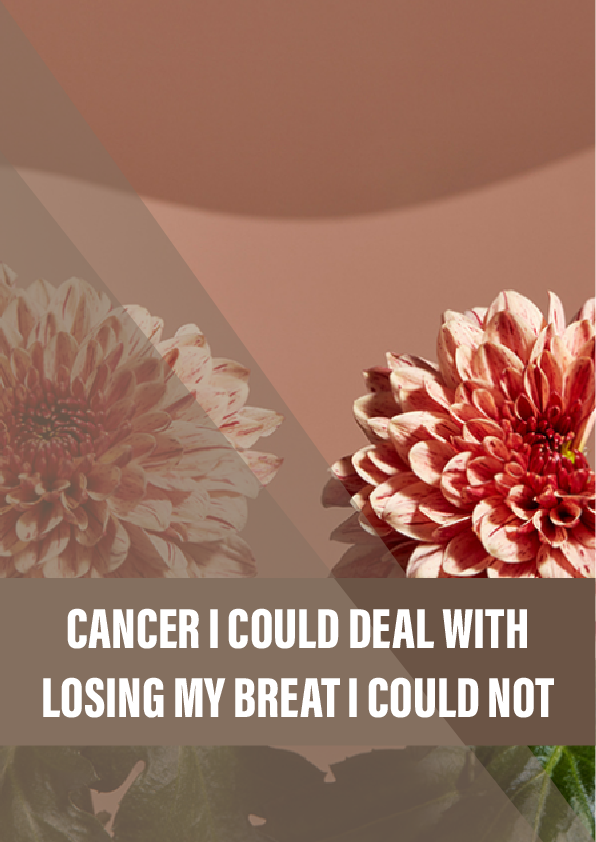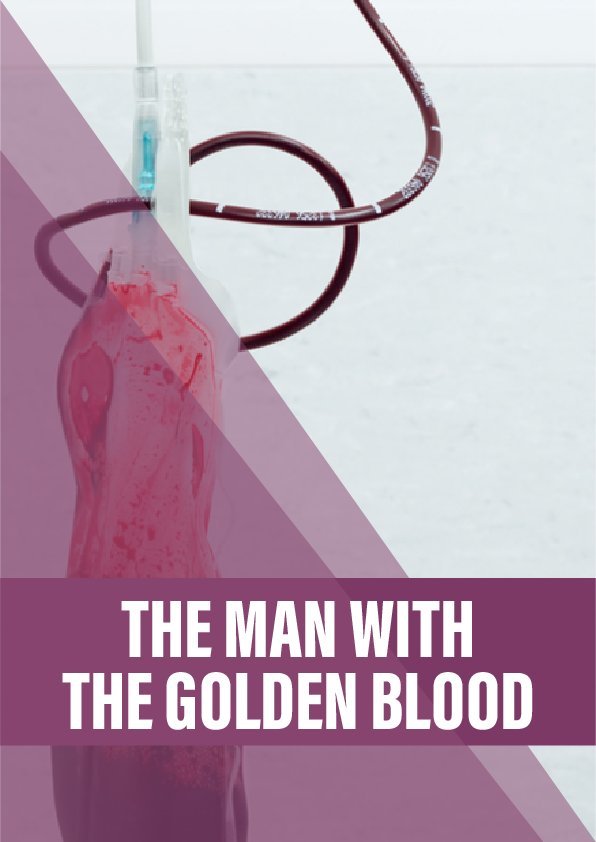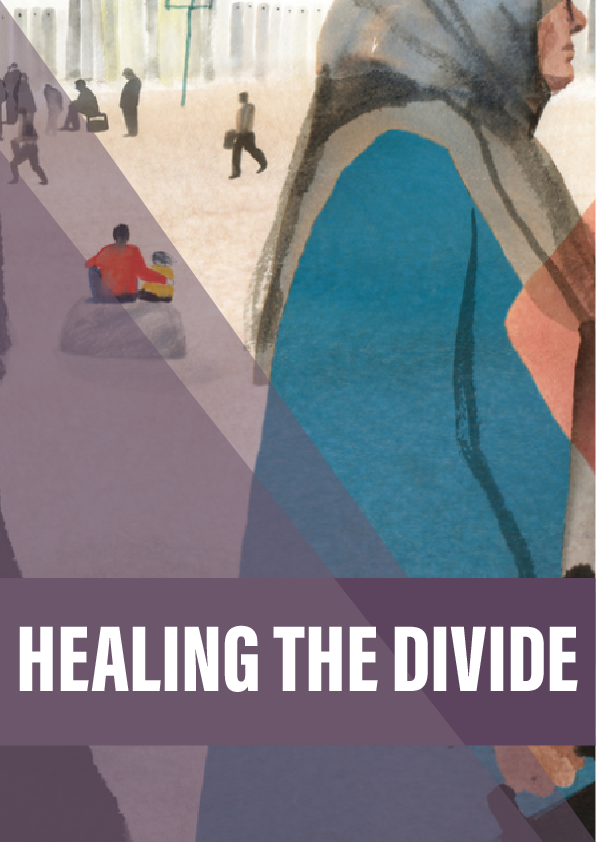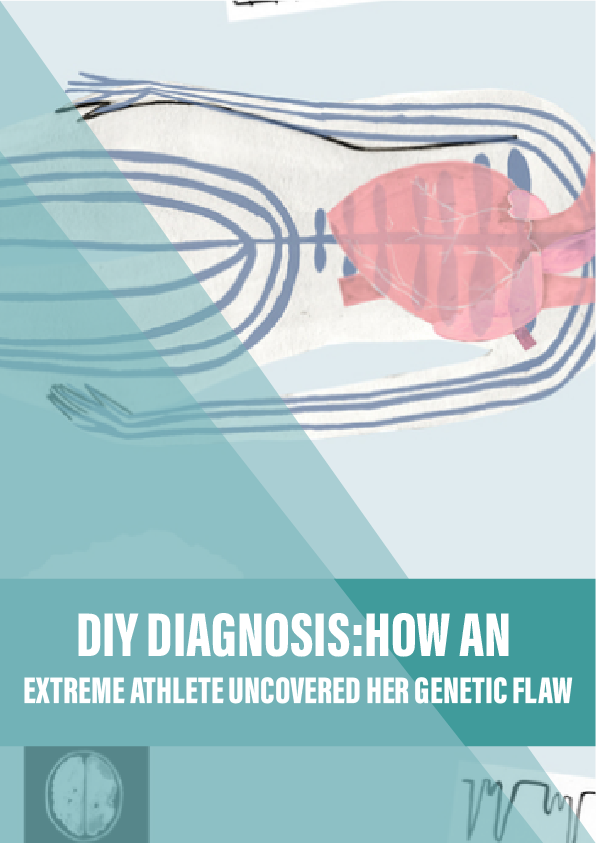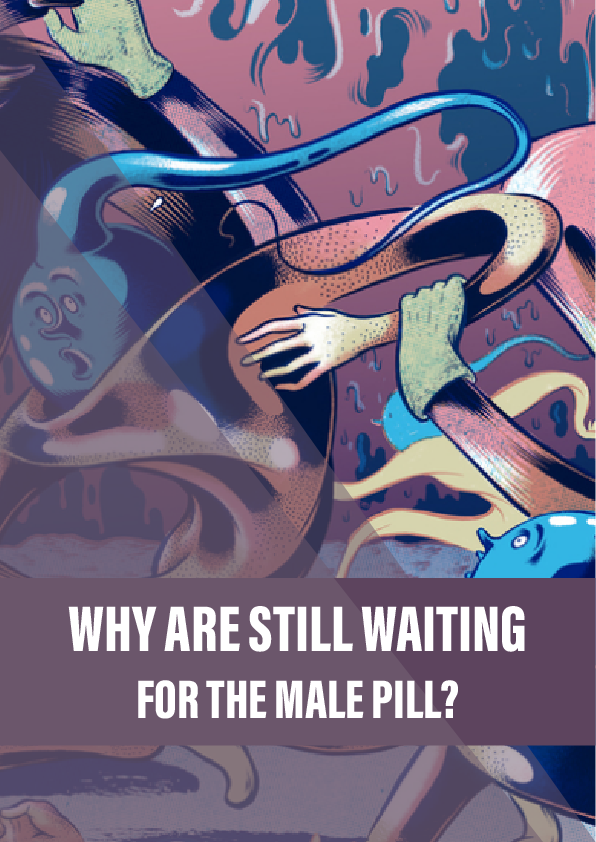For those with breast cancer, a mastectomy may seem the best option. Joanna Moorhead thought so – until the last minute. Now she’s glad she chose less extensive surgery.
The taxi arrived at dawn but it could have come even earlier; I’d been awake all night. I was terrified about the day that lay ahead and what it would mean for the rest of my life.
At the hospital I changed into a high-tech gown that would keep me warm during the long hours I’d be unconscious, and my surgeon arrived to do a quick pre-operative check. It wasn’t until she was at the door, about to leave the room, that my fear finally found its voice. “Please,” I said. “I need your help. Will you tell me one more time: why do I need this mastectomy?”
She turned back to me, and I could see in her face that she already knew what, deep inside, I had felt all along. This operation wasn’t going to happen. We were going to have to find another way.
Breast cancer had engulfed my life a few weeks earlier, when I noticed a small dimple near my left nipple. The GP thought it was nothing – but why take the risk, she asked cheerfully, tapping on her keyboard to organise the referral.
At the clinic ten days later, the news seemed optimistic again: the mammogram was clear, the consultant guessed it was a cyst. Five days later, back at the clinic, the consultant’s hunch was found to be wrong. A biopsy revealed I had a grade 2 invasive carcinoma.
I was shocked, but not devastated. The consultant assured me that I should be a good candidate for what she called breast-conserving surgery, to remove only the affected tissue (this is often known as lumpectomy). That would turn out to be yet another erroneous prediction, though I am grateful for the early hope it gave me. Cancer, I thought, I could deal with. Losing my breast I could not.
The game-changing blow came the following week. My tumour had been harder to diagnose because it was in the lobules of the breast, as opposed to the ducts (where some 80 per cent of invasive breast cancers develop). Lobular cancer often deceives mammography, but it is more likely to show up on an MRI scan. And the result of my MRI scan was devastating.
The tumour threaded through my breast was much larger than the ultrasound had indicated, up to 10 cm long (10 cm! I’d never heard of anyone with a tumour that big). The doctor who disclosed the news didn’t look at my face; his eyes were fused on his computer screen, his armour against my emotion. We were inches apart but could have been on different planets. As he began shooting terms like “implant”, “dorsi flap” and “nipple reconstruction” at me, I had not even begun to process the news that, for the rest of my life, I’d have one breast missing.
This doctor seemed more keen on talking surgery dates than helping me make sense of the maelstrom. The one thing I realised was that I had to get away from him. The following day a friend sent me a list of other consultants, but where to start? And then I noticed that only one name on the list was a woman’s. I decided to try and get an appointment to see her.
Reference:
- The National Institutes of Health 1990 consensus statement on treating early-stage breast cancer.
- 2010 Cochrane review of prophylactic mastectomy for the prevention of breast cancer.
- England’s National Mastectomy and Breast Reconstruction Audit, 2011.
- Published in 2014, this large population study based in California looked at the outcomes of nearly 190,000 women with unilateral breast cancer.
- Published in 2017, this Dutch study looked at the outcomes of 129,000 patients with breast cancer.
- NHS Choices information on mastectomy and on breast cancer in women and in men.
- The US National Cancer Institute’s information on breast cancer.
- Cancer Research UK’s information on breast cancer.
- The American Cancer Society’s information on breast cancer.
